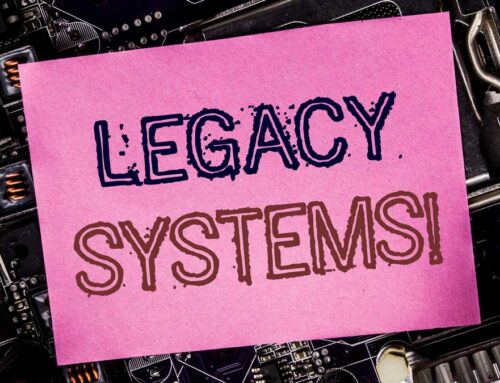Some people simply don’t want to talk about risk. Unfortunately, ignoring potential problems doesn’t make that potential go away. That’s what makes risk management so important.
When we meet with clients, the topic of risk doesn’t always go over very well. They want us to tell them that the job will be done and nothing could ever go wrong. Unfortunately, that’s not the way that the world works.
It’s essential for any business to identify and reduce risk, which is why we’re transparent with risk-management conversations with our clients.
Identifying and reducing risk
Part of poor risk management is misunderstanding what risk is. Risk is ever-present in every aspect of a company’s daily operations. Larger risks are fairly obvious: The building could get hit by a tornado. A project could go over-budget.
Other types of risk aren’t as obvious but can still have a profound effect. What if a project manager leaves the company? What if the company loses experience with high turnover rates? These are also serious risks and should be taken into account.
Identifying and planning for these situations is vital to making sure that operations continue regardless of what may come.
Avoiding denial to avert risk
Another problem that we find in talking about risk is poor communication or outright denial. Some managers are results-oriented. They want any project to produce the desired result without a hitch, and the last thing they want to hear about is potential problems.
Everyone is a little resistant to change now and then, but it pays to be transparent and acknowledge what may happen, even if it’s unlikely.
Denying the existence of risk doesn’t make it go away. In fact, denying it sets your company up for a painful and embarrassing failure if the problem that you didn’t want to discuss or plan for actually happens.
At the outset of your company’s important projects, be sure to acknowledge and plan for all that may happen. That way, you’ll be prepared to handle it well if the unexpected occurs.
No tags for this post.






Leave A Comment